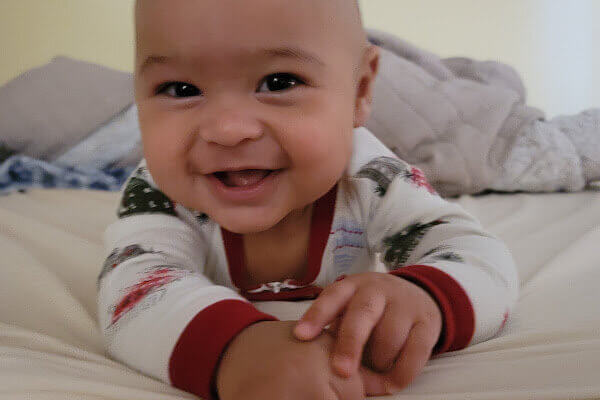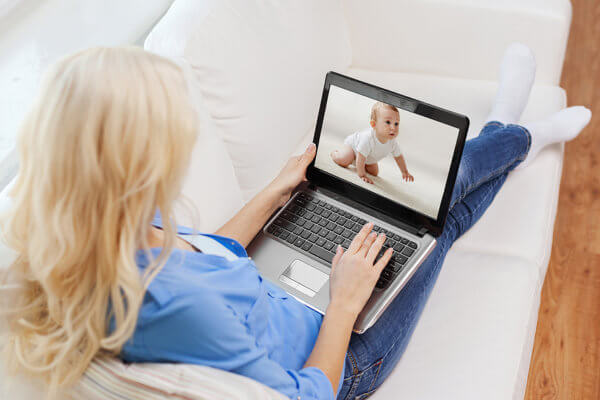In many households, DVDs have replaced books, especially for children under 2-years-old. This is due in large part to marketing claims that educational movies/television shows will stimulate infants’ brains and in turn raise their IQ.
While the American Academy of Pediatrics has long endorsed no television time for children younger than 2, a new study in the current issue of Pediatrics confirms the rationale behind this position.
A Time.com article reports:
Marie Evans Schmidt, a research associate in the Center on Media and Child Health at Children’s Hospital in Boston, studied more than 800 youngsters from birth to three years, recording the time they spent watching television or DVDs, as reported by their mothers, as well as their performance on language and motor skill tests. On average, the babies spent 1.2 hours a day watching TV during their first two years of life, slightly less than the average viewing time reported in previous studies.
In her initial analysis, Schmidt found that babies who spent more time in front of the TV performed worse on language and motor skill tests at age 3 than those who watched less. But once Schmidt and her team controlled for other factors — namely the mother’s educational status and household income — the relationship between TV viewing and cognitive development disappeared. That means that TV viewing in and of itself did not appear to influence babies’ brain development; rather it was a parent’s education and finances that mattered more. “Initially it looked like TV viewing was associated with cognitive development,” says Schmidt, “but in fact TV viewing is an outgrowth of other characteristics of the home environment that lead to lower test scores.”
The current study did not investigate these home factors, but other research has suggested that mothers with lower education and income tend not to read to their babies as much as better educated moms, and that their vocabulary and grammar skills may be more limited, leading to insufficient verbal interaction with their children. Mothers with less education also tend to talk to their children less overall; women with higher education are more likely to elaborate details and tell stories to their kids, even about ordinary events and concepts. And studies suggest that parents who talk and gesture frequently to their babies early on have a significant impact on their children’s vocabulary and language competence by school age.
{pagebreak}
This is only the second study to track the relationship between television and cognitive development in infants over a period of time. The first one, conducted by Dr. Dimitri Christakis at Seattle Children’s Research Institute, found that DVD viewing actually hindered a toddler’s ability to properly learn vocabulary, with infants who spent an additional hour in front of a television learning six-eight fewer vocabulary words than infants who were not in front of a television.
Time.com reports:
“We don’t have any definitive answers yet as to what effects TV viewing can have on infants with respect to cognitive outcomes,” says Christakis. “But here is what we do know — there is absolutely no benefit to this viewing despite claims that continue to be made by commercial products.”
While Schmidt’s study found no benefit, it ultimately found no negative effect of watching TV. The researcher offers a few reasons why: for one, the children in her study reported less time viewing TV and DVDs than previous surveys of the same aged population; it’s possible that the current study group did not meet the threshold dose of TV exposure that triggered the negative effects found in Christakis’s research. Schmidt’s study also stopped following the toddlers at age 3; she acknowledges that some cognitive changes may not occur until children are a few years older.
TV exposure in babies younger than 2 doesn’t do any good, Schmidt and Christakis agree. But does that mean a few minutes in front of the tube will sentence a baby to remedial classes for the rest of his life? “What I tell parents is ‘Ask yourself why you’re having your baby watch TV,’” says Christakis. “If you absolutely need a break to take a shower or make dinner, then the risks are quite low. But if you are doing it because you think it’s actually good for your child’s brain, then you need to rethink that because there is no evidence of benefit, and certainly a risk of harm at high viewing levels.”
How much television time does your baby get? Leave your thoughts in the comments below!
To read the full Time.com article, click here
A new study reveals its findings.



